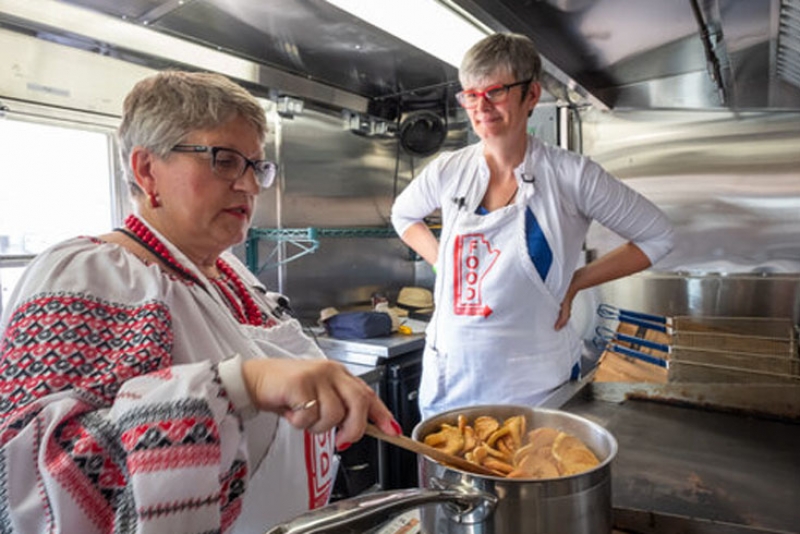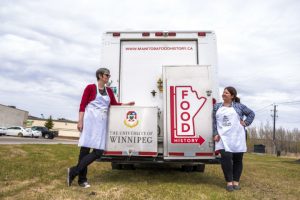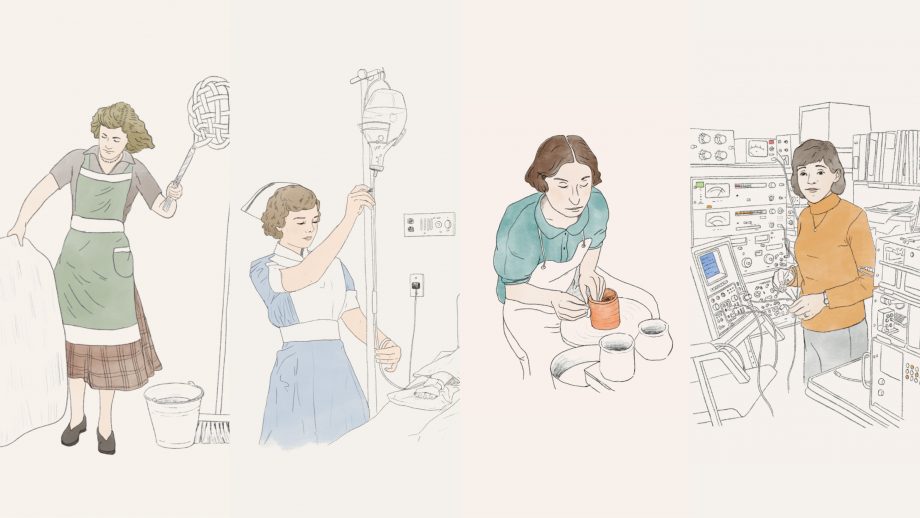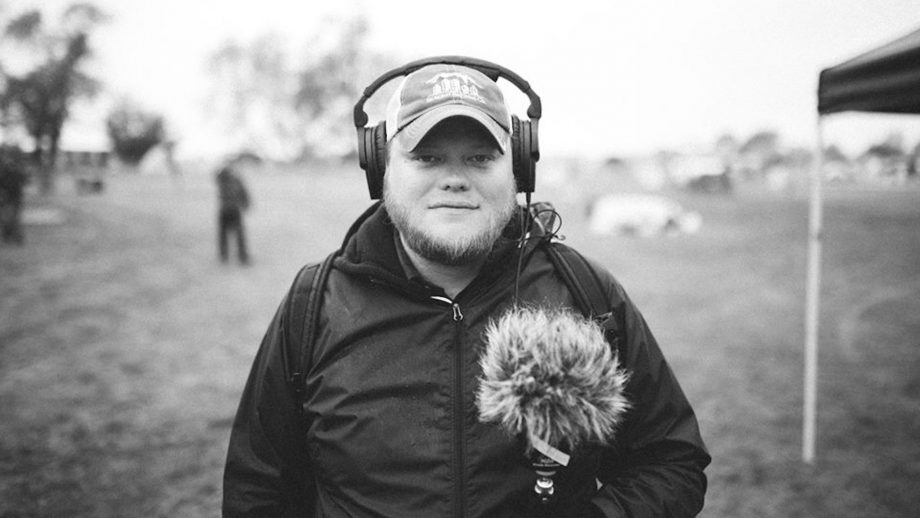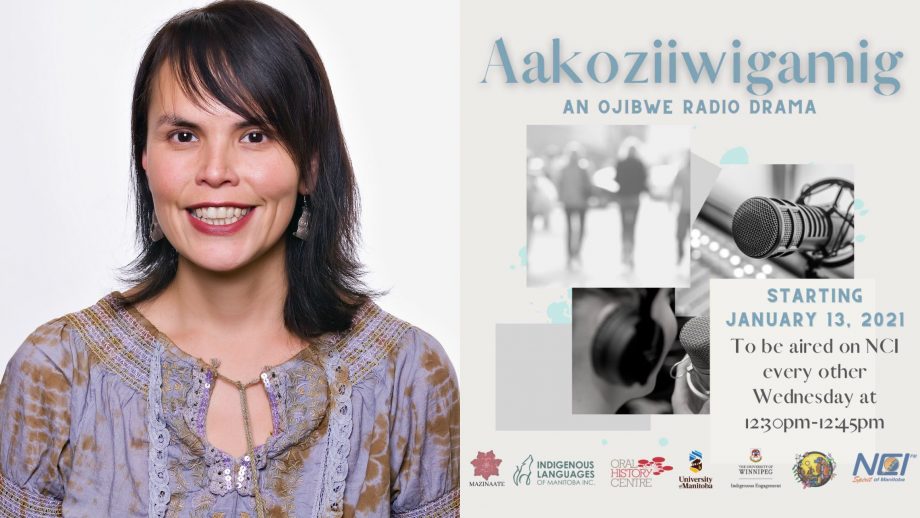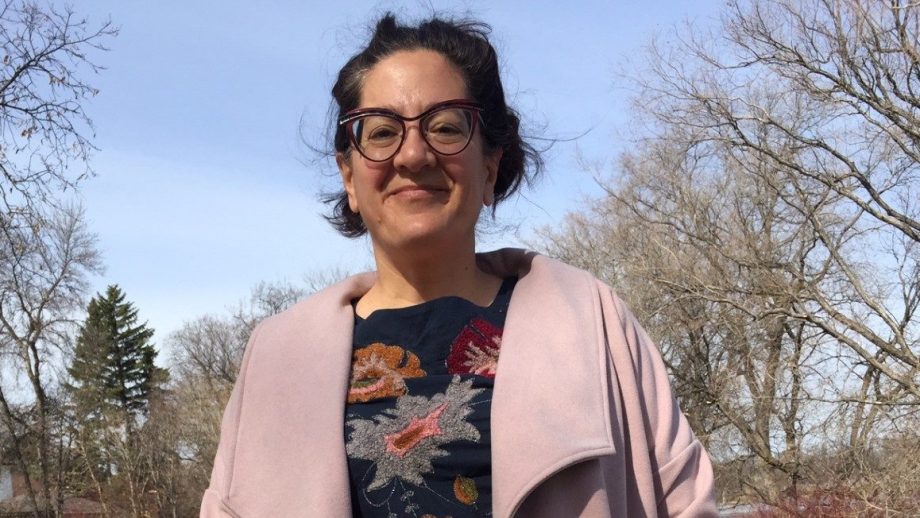When Dr. Janis Thiessen opens a jar of salsa, she’s not just thinking about whether it’s going to be mild or spicy. She’s considering the complex issues of migrant communities, how sharing food, and other aspects of culture, helps individuals to orient themselves.
Thiessen is a history professor, joint graduate studies chair, and the principal investigator of UWinnipeg’s SSHRC-funded Manitoba Food History Project, which explores Manitoba’s history through the lens of food manufacturing, production, retailing, and consumption from 1870 to the present day.
She’s quick to credit the project’s success to her collaborators at UWinnipeg’s Oral History Centre; Kimberley Moore (adjunct professor and program co-coordinator) and Kent Davies (adjunct professor and audio technician), who have dedicated countless hours to photography, podcast production, recording and transcribing interviews, and more.
“I would not be able to do this without them,” said Thiessen. “This is a project that could only happen in a place like UWinnipeg where we have access to the combined expertise and support of the Oral History Centre, Diversity Foods, and the Research Office.”
In 2018, the research team connected with locals at the Mennonite Heritage Village in Steinbach and the St. Norbert Farmers’ Market in Winnipeg. They also had an opportunity to facilitate a roundtable discussion at the 2018 Oral History Association Conference in Montreal.
Over the summer of 2019, the food truck visited Manitoba’s Sunflower Festival in Altona and Canada’s National Ukrainian Festival in Dauphin.
The project team also spent 10 days in Churchill, where they digitized records in the Churchill library, including audio tapes and a collection of photos from the Churchill Women’s Auxiliary. They toured the Churchill Northern Studies Centre and Boreal Gardens Research Center to learn how greens are grown in the north.
Thanks to the hospitality of Churchill residents, the team tried several dishes for the first time, including snow goose served with fresh bread and jam produced from local berries, Dene dogs (bannock-wrapped hot dogs deep fried in a cast iron pan over a fire), and caribou.
Moore was impressed to learn how long the northern community has prevailed in its efforts to maintain a vegetable garden.
“Despite the sub-arctic climate, there have been persistent efforts to maintain vegetable gardens dating all the way back to Prince of Wales Fort.” said Moore. “Over time, this has come to include greenhouses, like the ones we visited, and has evolved into innovations like Rocket Greens at the Churchill Northern Studies Centre. I didn’t know before the trip just how long people had been trying to grow produce in the North.”
While the research team took a train to Churchill, a key feature of the Manitoba Food History project is a fully-equipped food truck, purchased in 2017, in partnership with Diversity Food Services. The food truck travels across the province, acting as a mobile research station where Manitobans are encouraged to share family recipes, memories, and personal stories.
Some of these stories are featured on Preserves, The Manitoba Food History Podcast, as well as the digital story map series, Stories of Food in Place.
“By sharing these communities’ complex experiences with traditional foods and identities… I hope to show how food has a multifaceted role in helping newcomers to Manitoba integrate into a new culture on their own terms,” said UWinnipeg student Jackson Wayne Anderson in the podcast Salsa and El Savador, which he wrote and narrated as an assignment in one of Thiessen’s history courses.
A story map he created in HIST-3504: Manitoba Food History Truck Field Course is being edited by the research team for publication on their website.
The two-week course, which Thiessen hopes to offer again in 2020, provides students with a unique way to learn the history of Manitoba as they research, write, and produce a digital story map or podcast.
“Students get excited about creating a podcast in a way that they don’t get about an essay,” said Thiessen. “It’s just as much work as an essay – or more, but it’s accessible outside of the university context in a way that an essay is not. It’s something you can put on your CV. ”
Thiessen hopes the podcasts will help listeners gain a new perspective, not just of the foods we eat, but the history of immigration, business, labour, and Indigenous peoples in Manitoba.
“This research provides an entry point for people who wouldn’t normally pick up an article and read about these topics,” she said. “It allows us to interact with the public in a different way, to do academic research that non-academics care about.”
Thiessen, Moore, and Davies will continue to travel throughout Manitoba over the next few years, working with student researchers to conduct oral history interviews, and creating a mouthwatering collection of podcasts, photos, and story maps. Their research will culminate in a peer-reviewed history book of photos, maps, and recipes that provide new insight into the history of Manitoba.

